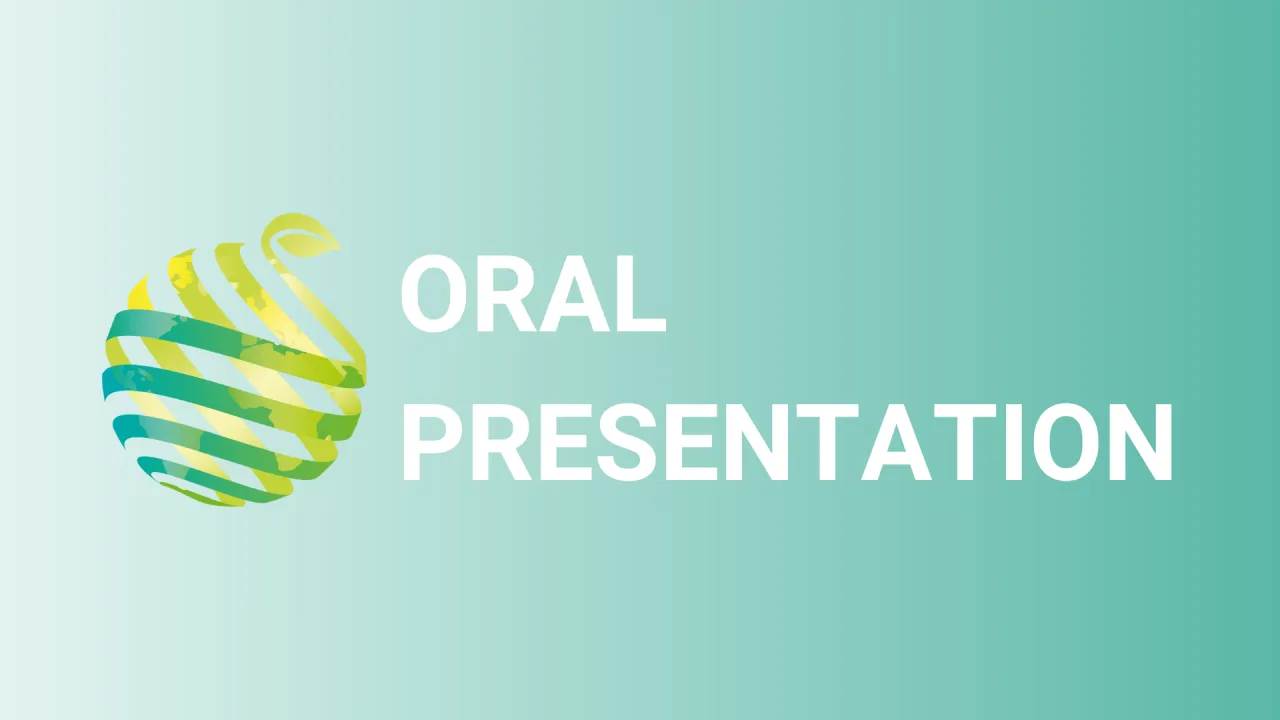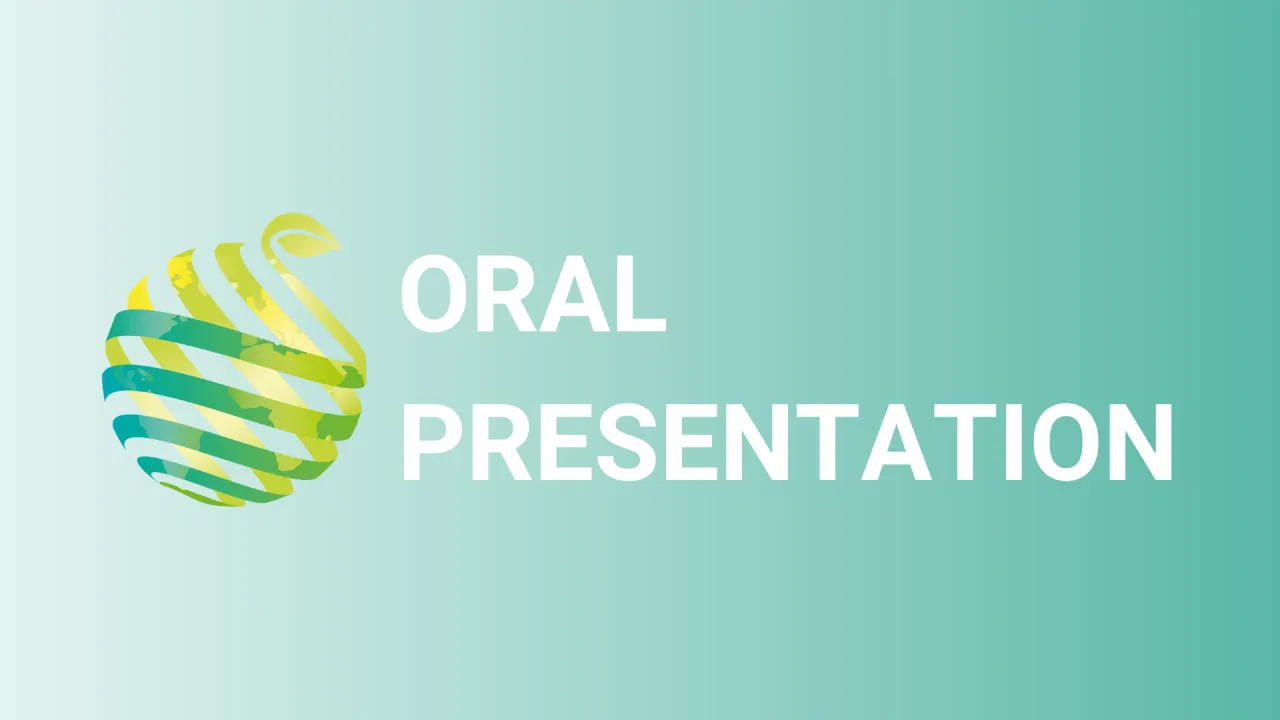

S21 - Session O4 - A paradox : mercantile organic against sustainability in Europe ?
Information
Authors: Denis Loeillet *, Thierry Lescot, Carolina Dawson
The food market for organic products is soaring in Europe. The standard governing organic farming in the European Union is public in nature, but there is a derogation for certain non-EU origins. These provisions allow the supply to continue to grow in order to support the exponential development of the market, but we assume that they have other effects. The market aggressiveness of "organic" in Europe influences the market shares available for alternatives, which could be considered more sustainable than "organic" practices for two reasons: the quantities produced are greater and at modest prices; technically, it happens that a commodity cannot be grown everywhere in organic, while agro-ecological practices are available everywhere. We are studying the case of dessert bananas for export, a leader in organic and conventional fruit and vegetable products in Europe. We conducted surveys among stakeholders (producers, exporters, ripeners, wholesalers, supermarket retailers, researchers) in the conventional, "organic" and agro-ecological sectors. We analyzed the exchanges according to two axes: the evolution of prices by type of sector over the last decade; the consumers' feelings towards the different sectors. We observed a continuous decrease in value added in the organic sectors, by distorting competition between suppliers. The value of organic products at the import stage fell by 50% between 2016 and 2019. Secondly, there is consumer uncertainty, on the originality of organic products. Thirdly non-organic labels had difficulty existing. While there is a consensus that organic (compliant) will not succeed in feeding the entire population, the omnipresence of organic (under its various avatars) is an obstacle to the emergence of an alternative supply under good economic conditions. The banana sector has not succeeded in promoting highly innovative cropping systems that are increasingly consuming less and less in terms of inputs. As a result, the market does not value the agro-ecological practices, whereas this would be a considerable improvement in the sustainability of the sector. However, it is to be hoped that things will change because consumers' mistrust of certain origins (particularly from third countries) is leading to a segmentation of the organic market, which could adopt "two speeds". Change could come from some distributors that are interested in this 3rd way which would allow them to create a segment between conventional and organic products.